At this rate of progress, the book could be published by year end. Feedback welcome! https://transpolitica.org/projects/abundance-manifesto/
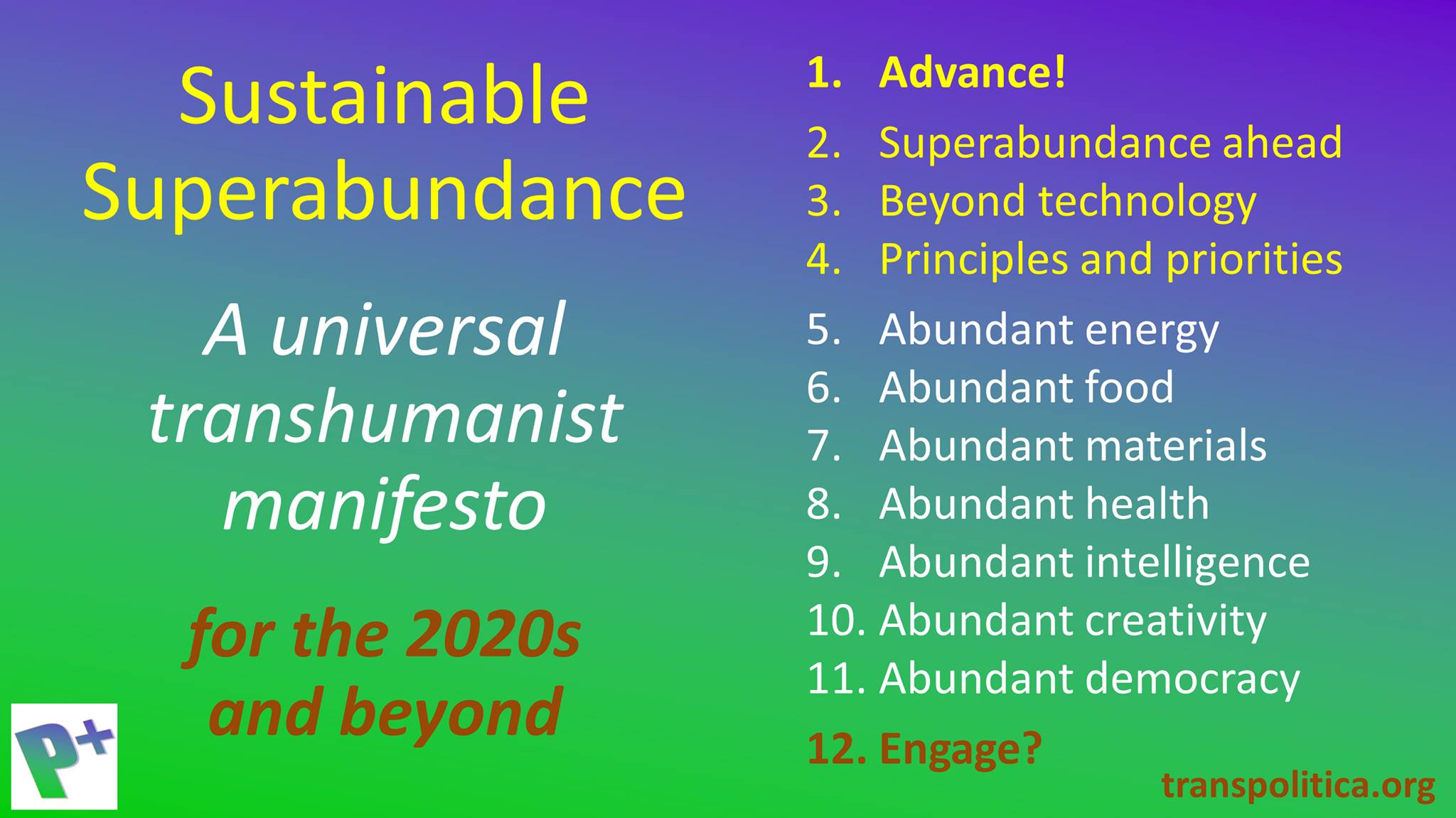

At this rate of progress, the book could be published by year end. Feedback welcome! https://transpolitica.org/projects/abundance-manifesto/

Carbon fiber composites—lightweight and strong—are great structural materials for automobiles, aircraft and other transportation vehicles. They consist of a polymer matrix, such as epoxy, into which reinforcing carbon fibers have been embedded. Because of differences in the mechanical properties of these two materials, the fibers can detach from the matrix under excessive stresses or fatigue. That means damage in carbon fiber composite structures can remain hidden below the surface, undetectable by visual inspection, potentially leading to catastrophic failure.
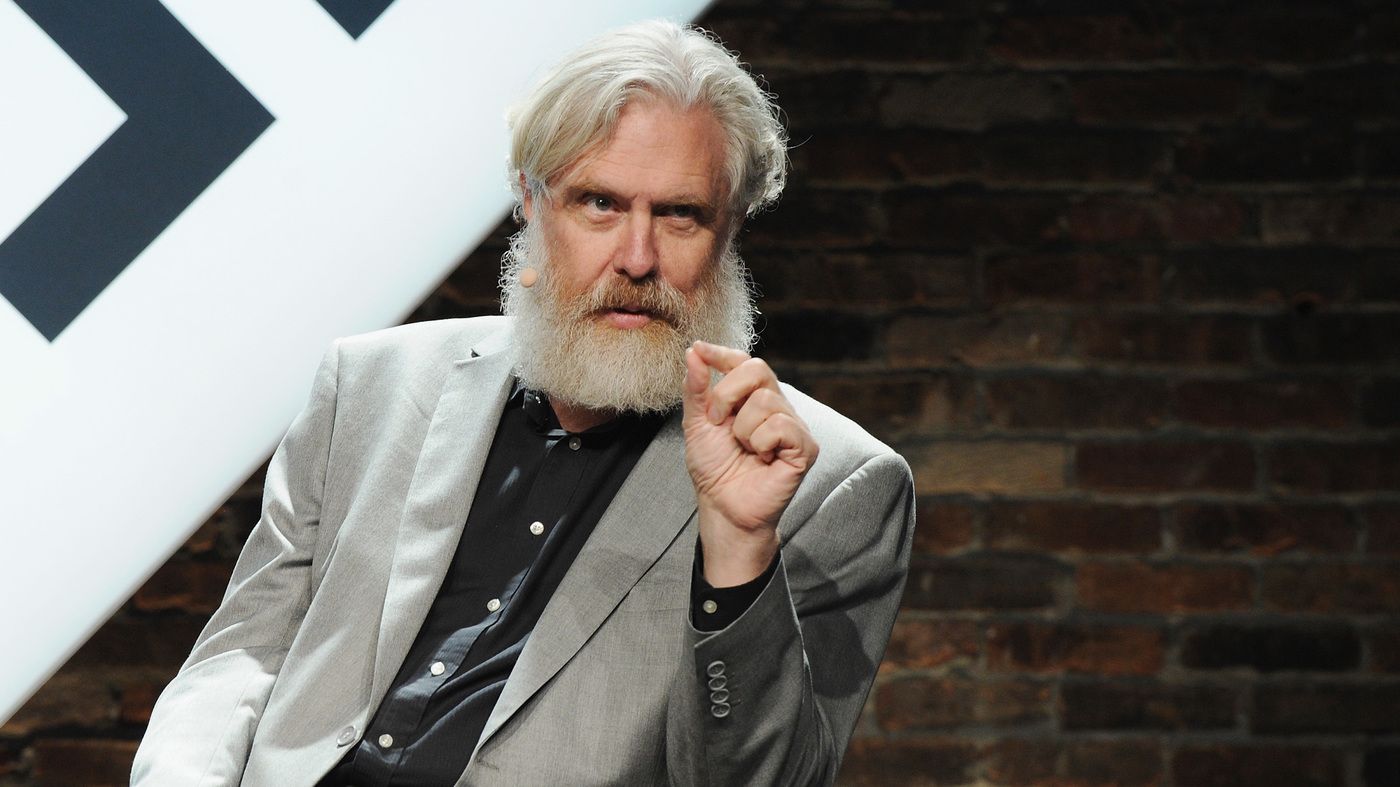


The company-funded animal test was performed to ascertain how neural development is affected by the pesticide chlorpyrifos, which is used on a wide variety of crops around the world, including some 20 EU countries. The test laboratory concluded that there was no such effect, even at high doses.
Academic researchers have examined raw data from a company-funded safety evaluation of the pesticide chlorpyrifos. They discovered an effect on the brain architecture of the exposed laboratory animals at all tested doses, which was not included in the reported conclusions. Karolinska Institutet in Sweden led this independent study, which is published in the scientific journal Environmental Health.
All pesticides must be evaluated in terms of their safety and potential risks for human health before they can officially be approved. Normally the companies that manufacture the products cover the cost of such evaluations and commission test laboratories to perform the necessary animal tests.
Assistant professor Axel Mie at Karolinska Institutet, Christina Rudén at Stockholm University and Philippe Grandjean at Harvard School of Public Health have examined a case in which independent research and company-funded tests deviated, at least in terms of the conclusions drawn in the industry-funded study.
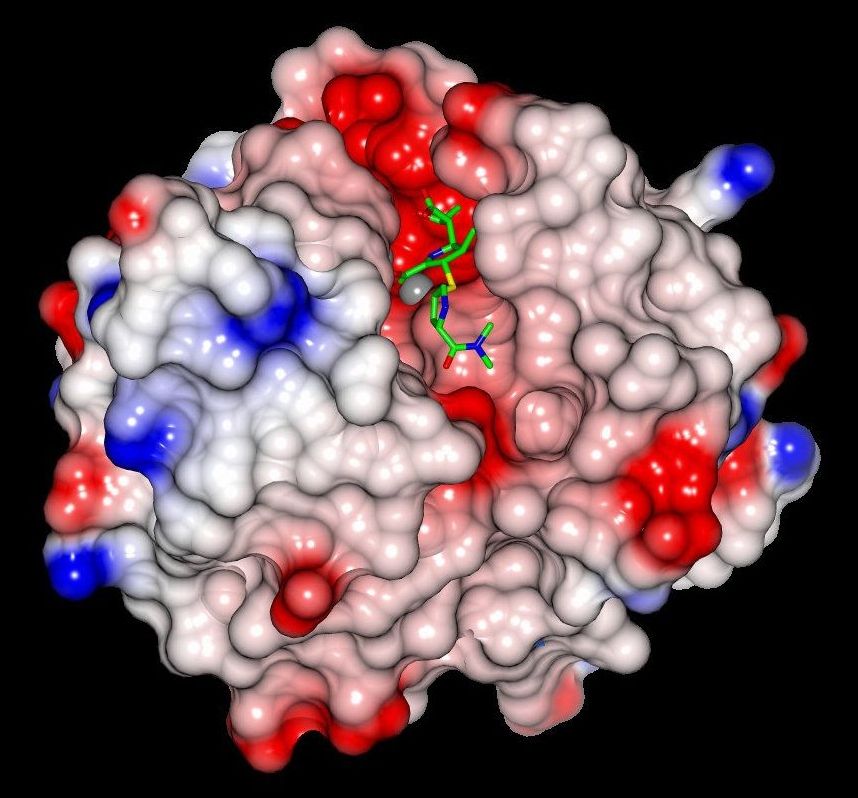
Research led by the University of Bristol has begun to unpick an important mechanism of antibiotic resistance and suggest approaches to block this resistance.
Antibiotic resistance is the ability of bacteria to defend against antibiotic attack, and the spread of these resistance mechanisms amongst bacteria is a global public health concern. A form of resistance caused by a family of bacterial proteins, the Verona Imipenemase (VIM) beta-lactamases, is of acute clinical concern because it can inactivate antibiotics (penicillins and related agents) that comprise over half of the global antibacterial market.
A team of researchers led by the University of Bristol have uncovered near-atomic level structural detail of VIM proteins. The research is published today [Thursday 15 November] in The FEBS Journal.
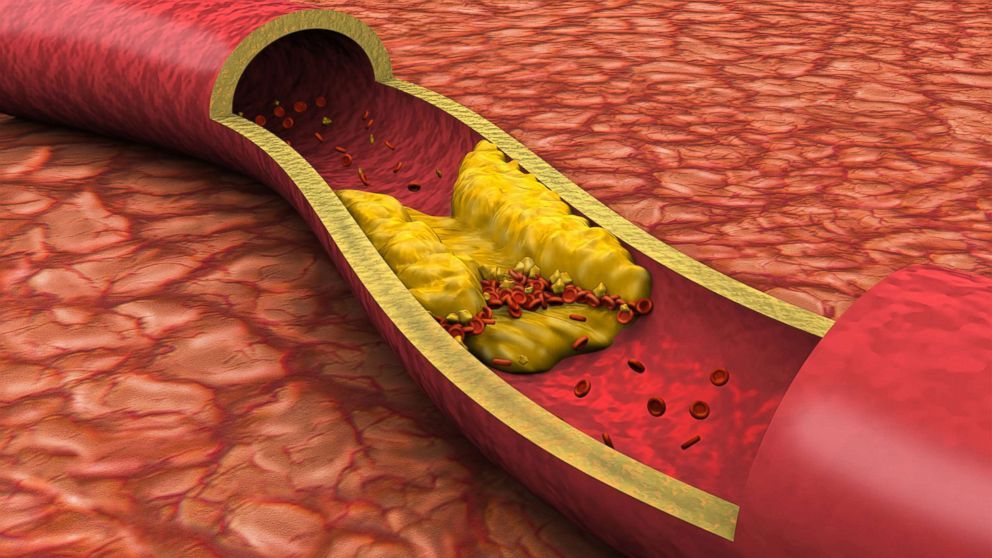
Heart disease is the leading cause of death in the U.S.
The American Heart Association and the American College of Cardiology, who have medical experts from around the nation on the writing committee, have released updated guidelines on managing cholesterol to minimize the risk of heart attack, stroke, and death. The new guidelines advocate for more aggressive treatment with statin therapy and getting LDL cholesterol counts, commonly referred to as “bad cholesterol” to your target level –- in general, less than 100mg/dL; for those with risk factors, less than 70mg/dL.
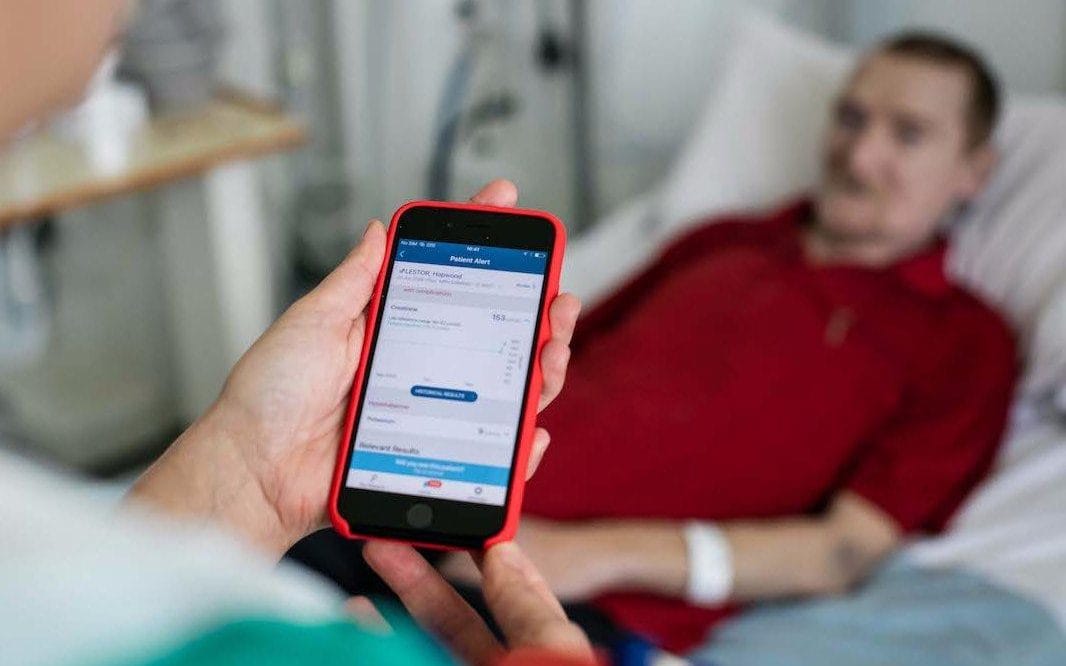
Privacy advocates have raised concerns about patients’ data after Google said it would take control of its subsidiary DeepMind’s healthcare division.
Google, which acquired London-based artificial intelligence lab DeepMind in 2014, said on Tuesday that the DeepMind Health brand, which uses NHS patient data, will cease to exist and the team behind its medical app Streams will join Google as part of Google Health.
It comes just months after DeepMind promised never to share data with the technology giant and an ethics board raised concerns over its independence.
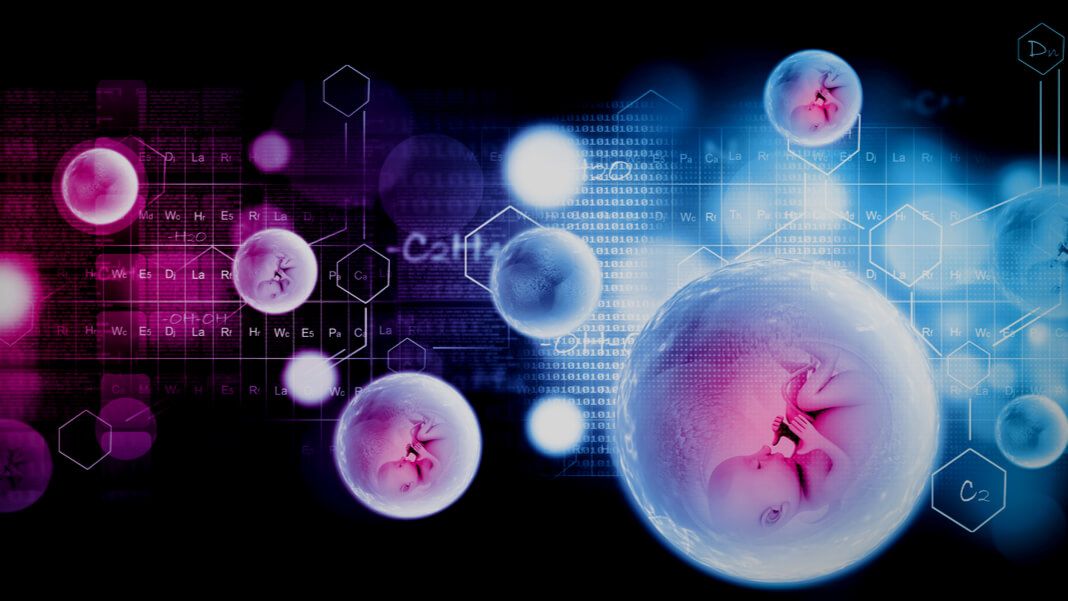
“We’re going to get these massive pools of sequenced genomic data,” Metzl said. “The real gold will come from comparing people’s sequenced genomes to their electronic health records, and ultimately their life records.” Getting people comfortable with allowing open access to their data will be another matter; Metzl mentioned that Luna DNA and others have strategies to help people get comfortable with giving consent to their private information. But this is where China’s lack of privacy protection could end up being a significant advantage.
To compare genotypes and phenotypes at scale—first millions, then hundreds of millions, then eventually billions, Metzl said—we’re going to need AI and big data analytic tools, and algorithms far beyond what we have now. These tools will let us move from precision medicine to predictive medicine, knowing precisely when and where different diseases are going to occur and shutting them down before they start.
But, Metzl said, “As we unlock the genetics of ourselves, it’s not going to be about just healthcare. It’s ultimately going to be about who and what we are as humans. It’s going to be about identity.”
